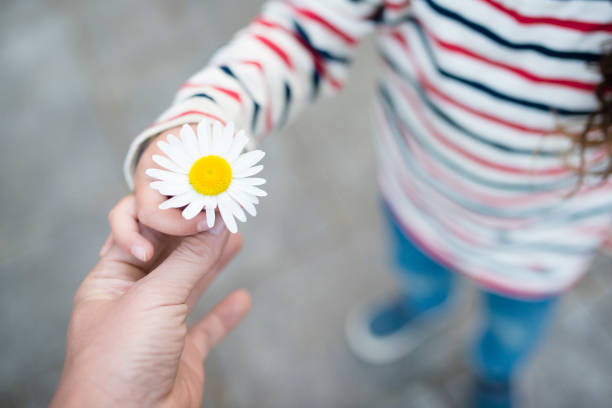What is Sharing in Children and How to Gain the Sense of Sharing?
Sharing is one of the important social skills for a child to learn and apply this emotion in their own life. Sharing is a necessary virtue in a child’s social life, just like being able to empathize and obey the rules. Children can learn to share not by themselves, but in an environment that can be provided by their parents or primary caregivers. Games at home and sharing examples at the dinner table can also be the first steps for children’s sharing education. Children should experience the meaning of sharing by experiencing the joy of sharing. After seeing the happiness on the face of the person he/she is sharing with, he/she will be happy and the feeling of sharing will be strengthened.
The clear message parents give to their children is ‘you must share’. His friend learns from his family that if he wants a toy, book or any item that is his, he must give it away. Your child is doing it because you want it, whether he wants it or not. There may also be times when families do not apply this feeling of sharing to their children while explaining it to their children. They may also experience contradictions with what they say on this matter.
in children aged 18-24 months; A sense of self develops after being aware of one’s own identity. Therefore, not sharing during this period is a normal process. For example; A 2-year-old boy, who gets angry with his toy being taken and hits his friend, is also surprised by his crying, and cannot understand why he is crying. Empathy develops after 3 years of age.
Parents should not pressure their children to share and should respect their children’s conflict. It is necessary to hand over the things that belong to him, and to teach the things that do not belong to him. Everything that belongs to your children has a significance and meaning in their eyes. Your child will share when they trust. When you protect their rights, respect and trust their choices, your child will share with peace of mind.
2-year-olds are curious about what other children do. They watch even if they don’t participate. Participating children can grab and own the toys. The opportunity to be with children should be accompanied by an adult, as there will be no communication control between them. With a little more development of impulse control, he will learn to share after learning what is his and what is someone else’s.
Between 18-30 months, children become more independent and maverick in their games. Children in this period may be willing to share the playground with their peers, but they are far from the concepts of playing together and sharing their toys. It usually takes a year before she learns to share and play joint games.
From the age of 3, children’s self-talk during play gradually decreases and is replaced by others. Being able to play in harmony with other children will also help develop their sense of sharing.
From the age of 4, children can cooperate in the group. They can understand the emotional reactions of others. From this period, they can share their belongings and toys with their friends.
From the age of 5, children want to expand their circle. Preschool education is more important at this stage. They prefer group games. They take responsibility, socialize and their sense of sharing develops further.
Parents should never force their children to share. Taking by force, pushing, threatening or using a punishment method creates anger in the child, not the feeling of sharing. The child increases his resistance by repeating these behaviors. Do not insist on sharing with your children and do not be afraid that they do not share. You and your child can separate and pack the items that you do not use at home. You can deliver it to those in need with your child and help them experience this beautiful feeling with your guidance and support. In this way, you can be a model for your child and teach by experiencing the feeling of sharing.
